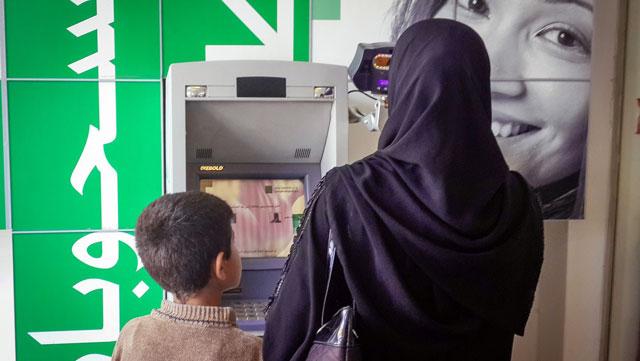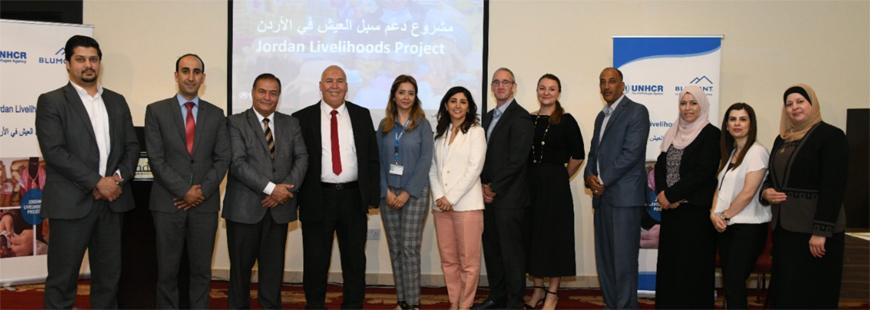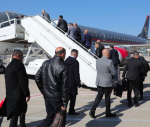You are here
Syrian refugees issued over 153,000 work permits
By Rana Husseini - Oct 07,2019 - Last updated at Oct 07,2019
AMMAN — The Ministry of Labour has issued over 153,000 permits for Syrian refugees since the beginning of 2016, a United Nations High Commissioner for Refugees (UNHCR) official said.
Over 146,000 work permits were issued to male refugees and over 7,000 were issued to female Syrian refugees, according to UNHCR Spokesperson Lilly Carlisle.
“Male Syrian refugees work mostly in the agriculture and construction fields while women prefer to work in home-based activities,” Carlisle told The Jordan Times.
Furthermore, she said data related to women’s work permit requests is low because the sectors that are “open for refugees to work in [agriculture and construction] in Jordan are not those which suit refugee women’s skill set”.
Also, many male refugees travel far from their homes to find work, a distance which women are less willing to travel because of family ties, she added.
“We at UNHCR are trying to advocate with the government to open more jobs that refugee women want to work in,” Carlisle stressed, adding that “we’re encouraging women to set up their own home-based businesses following the change in policy last year around possibilities for refugees to do this”.
There are over 656,500 refugees registered with the UNHCR in Jordan, and of those, 300,468 are of working age, according to UNHCR data.
Carlisle pointed out that many challenges still make it difficult for Syrian refugees to obtain work.
"Refugees are eligible to work in the agriculture, manufacturing, construction and hospitality industries, and so those without these skills find it difficult to find work," Carlisle said.
While such refugees are allowed to register and operate a business and to work in occupations open to foreigners, they are not allowed to work in health, teaching, engineering and technical professions, according to the UNHCR.
Syrian refugees in Jordan have a greater need for adequate housing and job opportunities, according to the UNHCR’s Regional Refugee and Resilience Plan mid-year report, which was released a few days ago.
Since 2016, when the Kingdom signed the Jordan Compact pledging to facilitate Syrian access to the labour market in return for aid, 45 per cent of working-age Syrian refugees have been issued work permits.
In November 2017, the Ministry of Labour introduced a new package of exceptions for Syrian refugees, which included the issuance of flexible work permits for specific sectors, the permission to move from one sector to another without a clearance form in cases in which the permit was expired and the ability to move to another employer without a release form.
The latest UNHCR figures stated that 32,000 refugees have voluntarily returned to Syria from Jordan since the border reopened in October 2018, according to Carlisle.
Related Articles
AMMAN — An average of 30,000 vulnerable refugee families benefit each month from assistance in form of a social (cash) transfer to cover the
AMMAN — Some 153,000 Syrians, including 33,000 who are registerd as refugees with the UNHCR, have left the Kingdom to Syria since the Jaber-
AMMAN — UNHCR Jordan and Blumont, an NGO that provides relief for refugees and host populations, on Wednesday signed six agreements with var















